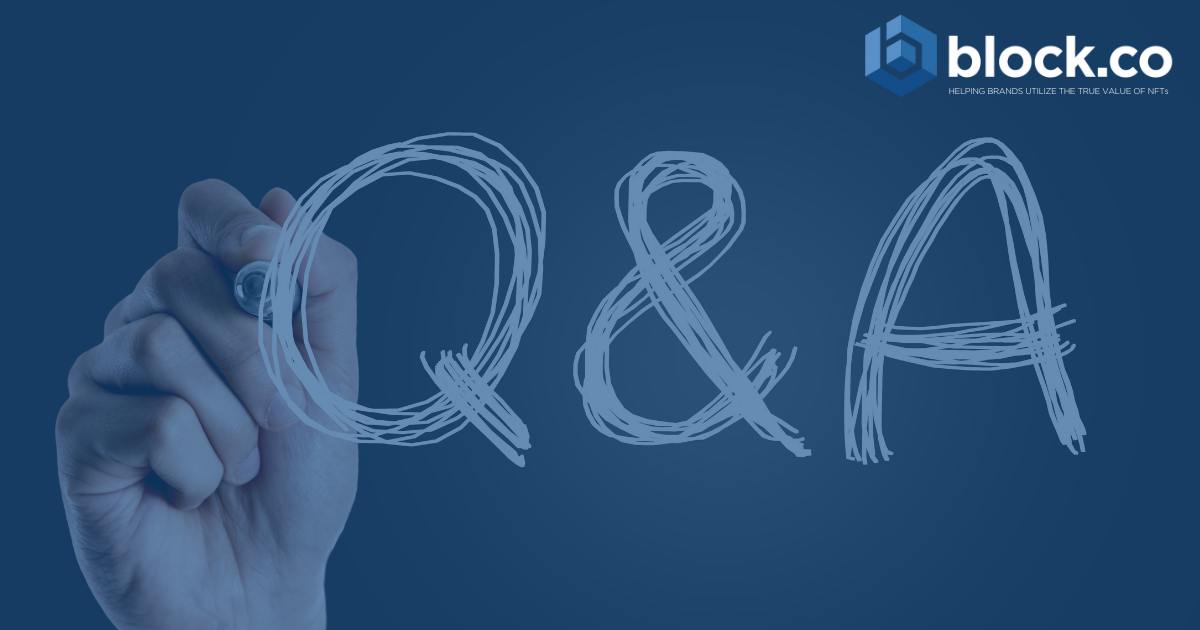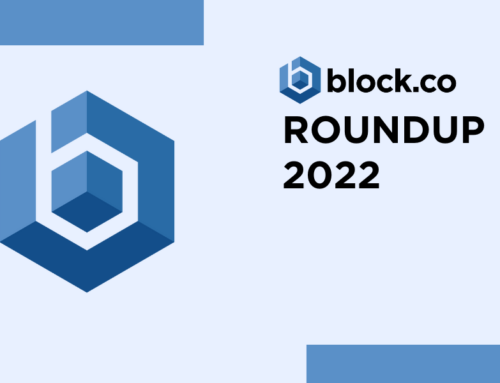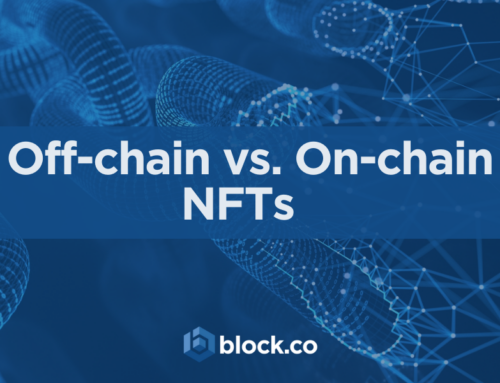Education Webcast: Blockchain for the Education Industry – Q&A

Block.co’s second webcast “Blockchain in education. Remote Learning, Social Distancing, and the Certification Case” was an immense success! We gathered the experts in the field, Professor George Giaglis, and Dr. Maria Papadaki to share their experience in the industry and discuss with us the latest news! In its second series of webcasts, Block.co gathered 192 people watching the event from 48 different countries, for a 1-hour webcast where guests answered participants’ questions.
Below is a list of the questions that were made and were not answered due to time constraints. Please note that the below information is only for educational purposes and is in no way investment or financial advice!
Question 1: We all know how Secure blockchain is and what are its multiple advantages as a technology. But the real problem is somewhere its mass adoption like other software like ERP and CRM. What do you think why there is so little adoption of blockchain and why even after 10 years its scope is only limited PoC?
Block.co Team Answer: Mass adoption of blockchain technologies, as well as any other innovation, starts slowly at first with the “innovators” and the “early adopters”, to spread eventually and exponentially to the “early majority” as per the Diffusion of Innovation Theory, first postulated by Everett Rogers in 1962. From a technological perspective, however, we are still relatively lagging as there still exists a gap of talent in the space. Blockchain developers are few and far between; the growth of many crypto-projects has been limited by the difficulty of finding qualified technologists, and we can see this through the recent LinkedIn reporting that Blockchain is #1 skill in demand for 2020. Secondly, there remain many technical issues that need to be ironed out, the most notable of which is scaling. Blockchain networks are still not capable of handling the high transaction volumes that could rival that of large industries and financial institutions. Without the appropriate scaling solutions, transaction costs would be too high and the wait times too long for viable adoption. Scaling solutions upgrades on the first layer (on-chain), the second layer (off-chain), advanced consensus algorithms, and distributed ledgers carry the promise of achieving security, decentralization, and scalability, without sacrificing any attribute as per the know Blockchain Trilemma. Thirdly, we are also still lagging in terms of regulation of the industry, however, the trends and activity around regulating are promising. Businesses see additional risk to enter the market or may find obstacles they did not know exist, adding to the risk of entry. As such, we believe that laying the ground for regulating the space in collaboration with the pioneers in the field, will also aid in the adoption of this disruptive technology. Make sure to visit Block.co Glossary in case some terms require explanation.
Question 2: How easy is it to integrate blockchain certification systems into eLearning platforms that do not currently support third-party apps? Most eLearning platforms do not support such apps, so do we have to wait for the market leaders to upgrade their system?
Block.co Team Answer: If support for third-party apps is not supported, then unfortunately we may not integrate with something that does not allow for integrations. In the case that an API exists, as in the case of Block.co API, then integration is very simple and fast.
Question 3: How do you get grants for blockchain academic research from an economic perspective as opposed to a computer engineering standpoint?
Block.co Team Answer: There are tons of grants available for organizations wishing to incorporate modern technology into their operations. Patience is a necessity when trying to obtain money from grants, as it is a time-consuming process. Receiving grants for blockchain academic research, as a more nascent technology, with standards being developed all the time, is a real challenge and would require even more time, research, and specific technical information and clarifications to be provided. The lack of skilled evaluators may also harden the task, as you may need to provide additional information during the evaluation process. The process may also require a different evaluation framework and criteria, as opposed to computer engineering grant evaluations.
Question 4: Maria, can you show practically regarding Blockchain any one example [blockchain in the risk management]?
Block.co Team Answer:
Blockchain is being viewed as the foundational technology for the future of risk management. It’s critical for firms to understand that while blockchain promises to drive efficiency in business processes and mitigate certain existing risks, it poses new risks to the firm and market. Additionally, it’s important to understand the evolution of regulatory guidance and its implications. For example, the Financial Industry Regulatory Authority (FINRA) issued detailed guidance on some of the operational and regulatory considerations for developing various use cases within capital markets. Firms need to ensure that these regulatory requirements are addressed in the blockchain-based business models. Here is a list of the 50 biggest blockchains in the world with numerous examples in many industries.
We would like to thank everyone for attending our webcast and hope to interact with you in future webinars. If you would like to watch the webinar again, then click here!
To stay up to date with Block.co updates, make sure to follow us on our social media channels.
If your brand is ready to take the step into web 3.0 and NFT marketing, to optimize engagement with your audience in innovative ways, then click the button below to get your Free Trial, a limited number of Free NFTs, and a Free Consultation call from our team!
For more info, contact Block.co directly or email at enquiries@block.co.
Tel +357 70007828
Get the latest from Block.co, like and follow us on social media:







